7 March 2025
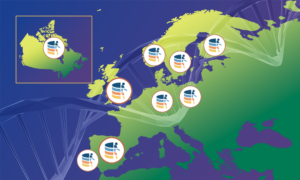
The Federated European Genome-phenome Archive (FEGA) has expanded its network and continues to evolve by embracing emerging technologies.
SCIENCE & TECHNOLOGY
2025
science-technologytechnology-and-innovation
26 September 2024

Addition of data from more diverse populations to the Polygenic Score (PGS) Catalog and a new software tool for PGS calculation could help produce more equitable disease risk predictions.
SCIENCE & TECHNOLOGY
2024
science-technologytechnology-and-innovation
31 July 2024
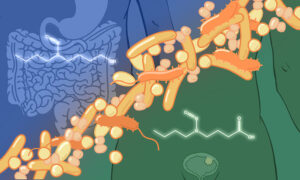
Study shows that gut bacteria can metabolise carcinogens and cause them to accumulate in distant organs, leading to tumour development.
SCIENCE & TECHNOLOGY
7 March 2024
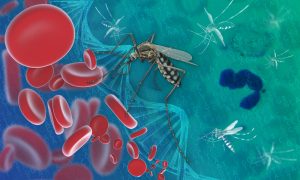
Plasmodium falciparum, a malaria parasite, uses gene conversion to produce genetic diversity in two surface protein genes targeted by the human immune system.
SCIENCE & TECHNOLOGY
2024
announcementssciencescience-technology
6 March 2024

An international team of researchers aim to combine social determinants of health with genomics, immune profiling, and exposomics data to tackle cancer inequities at an unprecedented scale.
SCIENCE & TECHNOLOGY
2024
announcementssciencescience-technology
1 March 2024

The Federated European Genome-phenome Archive (FEGA) marks a significant milestone with the release of its first datasets.
10 May 2023

The human pangenome – one of the most complete collections of genome sequences released so far – captures rich human diversity.
SCIENCE & TECHNOLOGY
2023
announcementssciencescience-technology
11 April 2023

Scientists have the technology to edit the human genome. But when should they, and who contributes to these decisions?
LAB MATTERSPEOPLE & PERSPECTIVES
2023
lab-matterspeople-perspectivesperspectives
9 March 2023
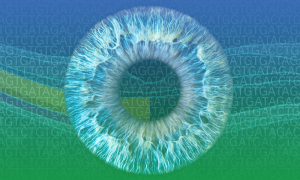
EMBL-EBI researchers use UK Biobank data to uncover new information about rare diseases of the eye.
2023
research-highlightsscience
30 November 2022

The new group leader in Barcelona aims to understand how cells behave in health and in disease, and approaches her favourite hobby, cooking, very similarly to her work in the lab.
LAB MATTERSPEOPLE & PERSPECTIVES
2022
lab-matterspeople-perspectives
9 November 2022
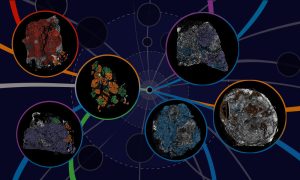
Researchers have created a tool that maps in previously unseen detail how breast cancer develops and spreads.
2022
research-highlightsscience
12 August 2022
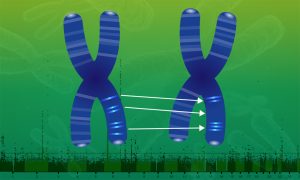
A new method for the robust analysis of copy number variation and used UK Biobank data to identify links between genome and disease.
SCIENCE & TECHNOLOGY
2022
research-highlightssciencescience-technology
20 March 2022

Judith Zaugg, Group Leader at EMBL Heidelberg, has been awarded an ERC Consolidator Grant of €2 million funded under the European Union’s Horizon Europe research and innovation programme. Over the next five years, the grant will enable her group to study cellular interactions in the human bone…
EMBL ANNOUNCEMENTSLAB MATTERS
2022
embl-announcementslab-matters
19 January 2022
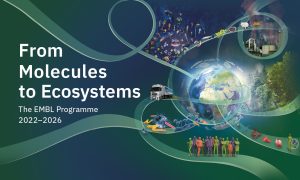
EMBL announces details about its next programme, ‘Molecules to Ecosystems’. It will guide studying life across scales and in context with changing environments.
EMBL ANNOUNCEMENTSLAB MATTERS
2022
announcementsembl-announcementslab-matters
25 November 2021

Maria Zimmermann-Kogadeeva is one of EMBL’s newest group leaders and a computational biologist whose research group applies computational modelling to better understand the metabolism of gut bacteria and their potential to have far-reaching impacts on other organs.
LAB MATTERSPEOPLE & PERSPECTIVES
2021
lab-matterspeople-perspectives
1 June 2021
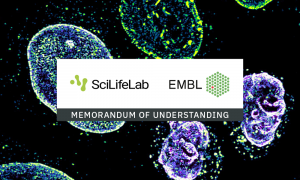
EMBL and the Swedish Science for Life Laboratory sign agreement to advance science together.
CONNECTIONSLAB MATTERS
2021
connectionslab-matters















